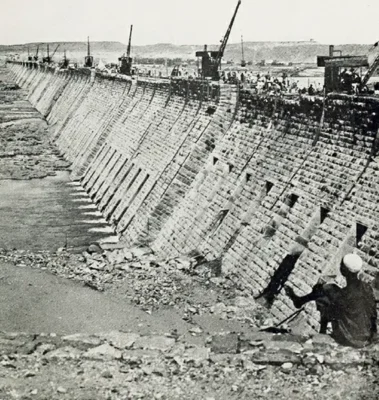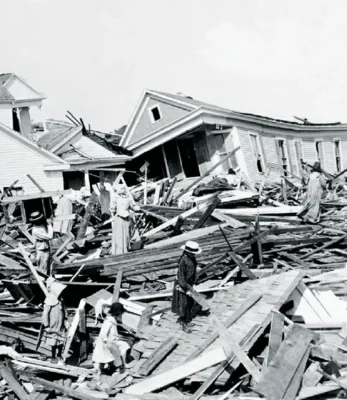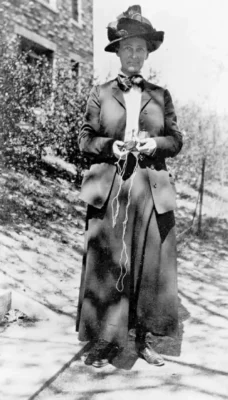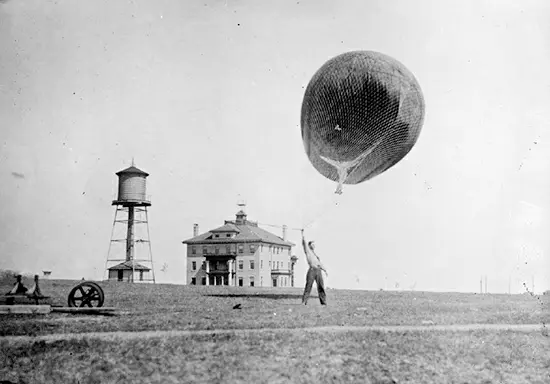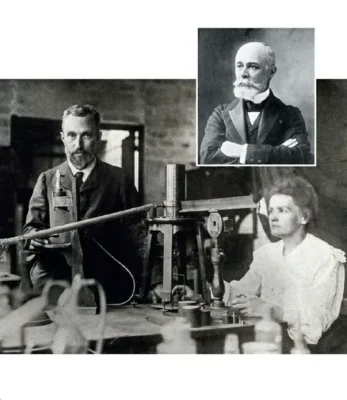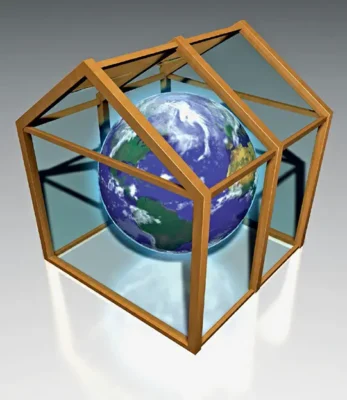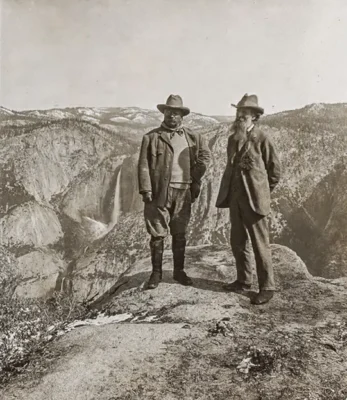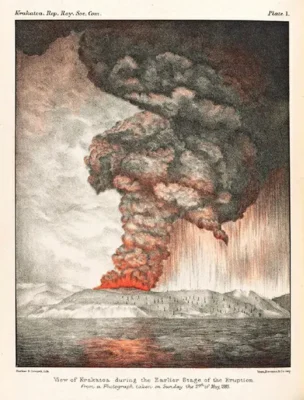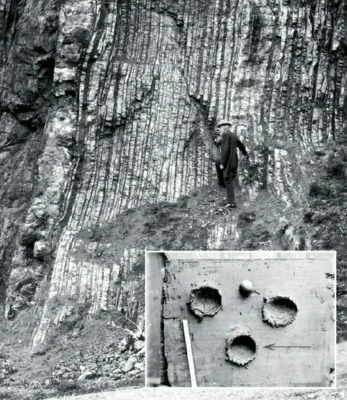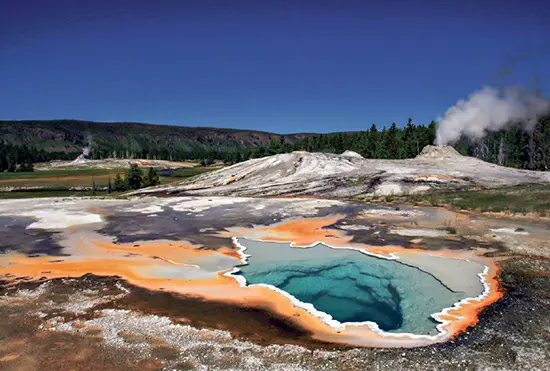1902: The Aswan Dams – Mastering the Nile’s Waters
The Aswan Dams, monumental feats of engineering, transformed the Nile River's dynamics, offering benefits and challenges in equal measure
1900: The Galveston Hurricane – A Historic Catastrophe
The Galveston Hurricane of 1900 stands as the deadliest U.S. natural disaster, illustrating the devastating impact of hurricanes and the continuous challenge of disaster response
1896: Trailblazing Women in Earth Science – Breaking Barriers
Pioneers like Mary Anning, Mary Holmes, and Florence Bascom started breaking gender barriers in Earth science, paving the way for future generations of women scientists
1896: Exploring the Layers of Earth’s Atmosphere – The Contributions of Teisserenc de Bort and Aßmann
Teisserenc de Bort and Aßmann's pioneering balloon experiments revealed the layered structure of Earth's atmosphere, leading to the identification of five distinct layers
1896: The Dawn of Radioactivity – Pioneering Discoveries of Röntgen, Becquerel, and the Curies
Discoveries by Röntgen, Becquerel, and the Curies in radioactivity reshaped our understanding of the natural world, leading to groundbreaking advancements in physics and science
1896: Understanding the Greenhouse Effect – From Fourier to Arrhenius
The Greenhouse Effect, crucial for Earth's habitable climate, was demystified by Joseph Fourier and Svante Arrhenius, who linked it to atmospheric gases and hinted at human-induced climate change
1892: John Muir and the Sierra Club – Pioneers of Environmental Activism
John Muir's legacy and the Sierra Club's ongoing efforts remain crucial in today's rapidly developing world, symbolizing the importance of environmental advocacy
1883: The Cataclysmic 1883 Krakatoa Eruption – A Geologic Event of Epic Proportions
The 1883 Krakatoa eruption, one of history's most destructive volcanic events, occurred in Indonesia's complex tectonic setting. It caused immense loss of life, dramatically altered global climate, and reshaped the island's geography, underscoring the power [...]
1879: The Evolution of the United States Geological Survey – The Legacy of G. K. Gilbert
The US Geological Survey, founded in 1879, was pivotal in exploring America's expanding territories. Notable geologist G. K. Gilbert's contributions, especially in understanding the Meteor Crater, underscored the agency's role in advancing geological knowledge, which [...]
1872: Preserving Earth’s Wonders – The Rise of National Parks
The emergence of national parks, starting with Yellowstone in 1872, signifies a crucial effort in conserving natural ecosystems amid growing environmental pressures, leading to a global network of protected areas dedicated to preserving Earth's invaluable [...]

